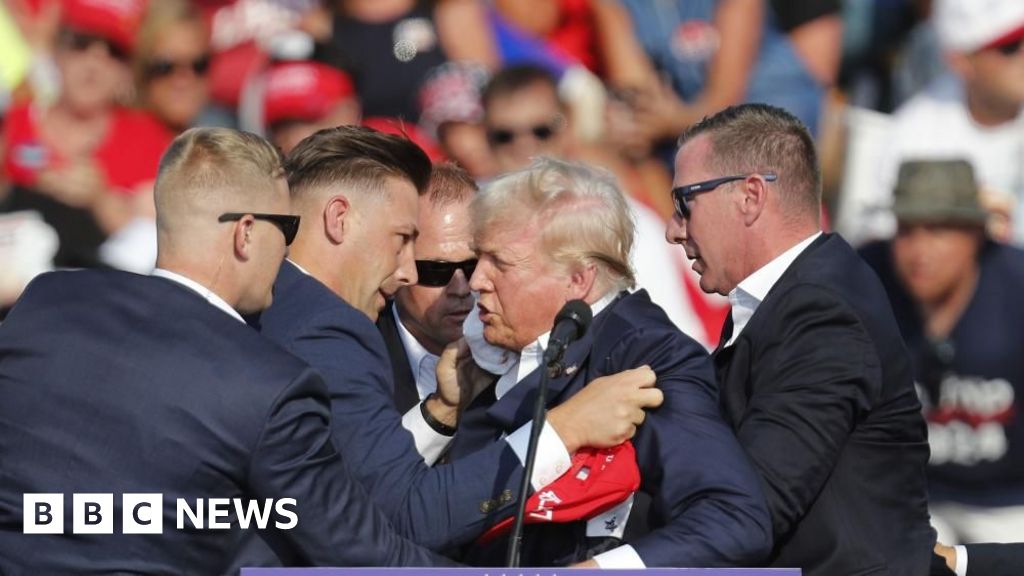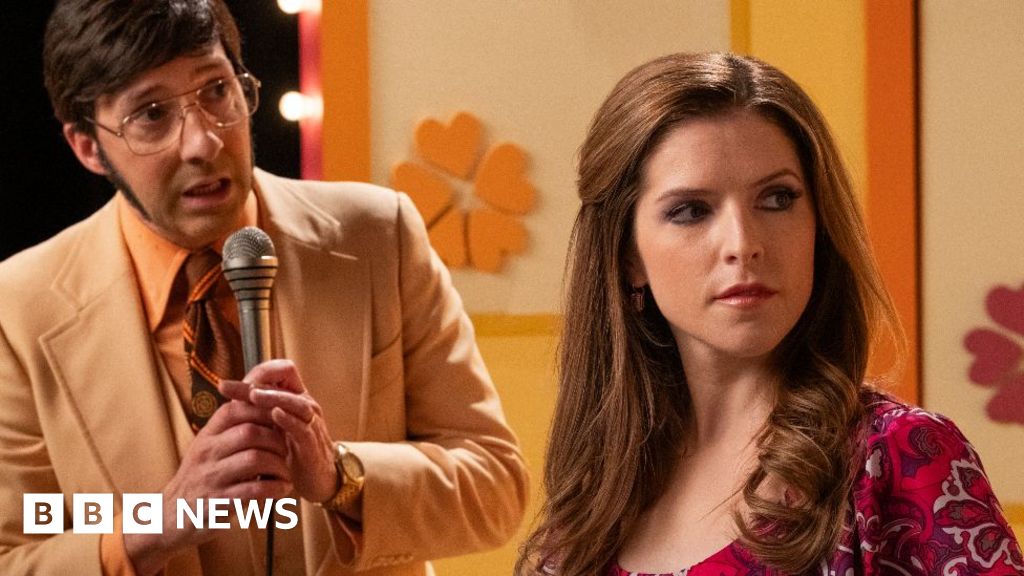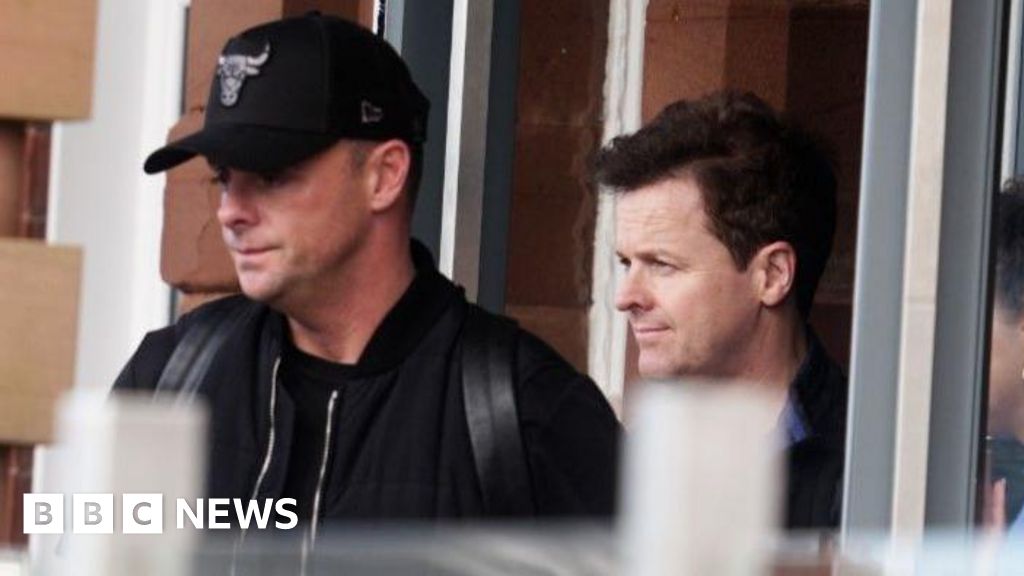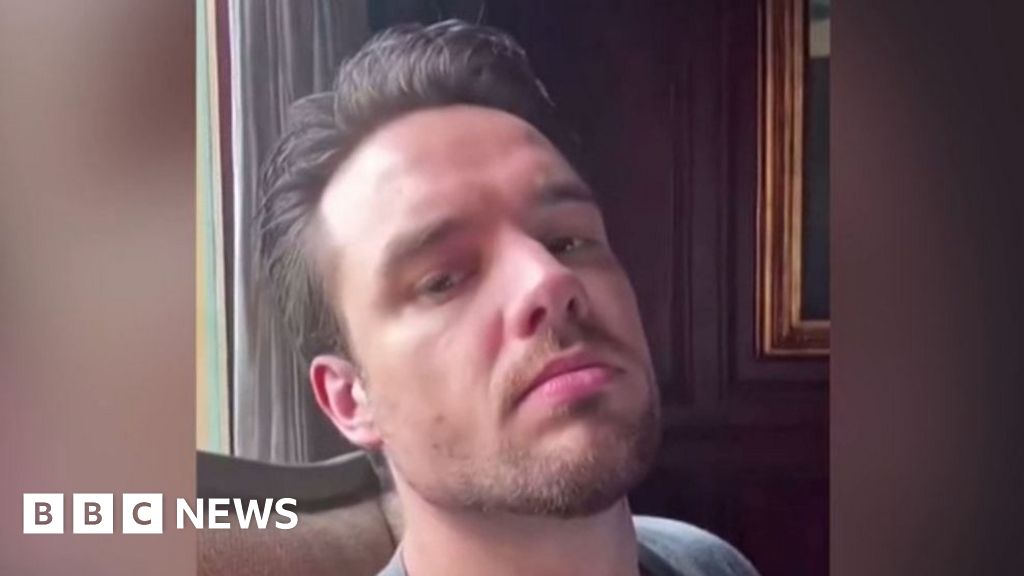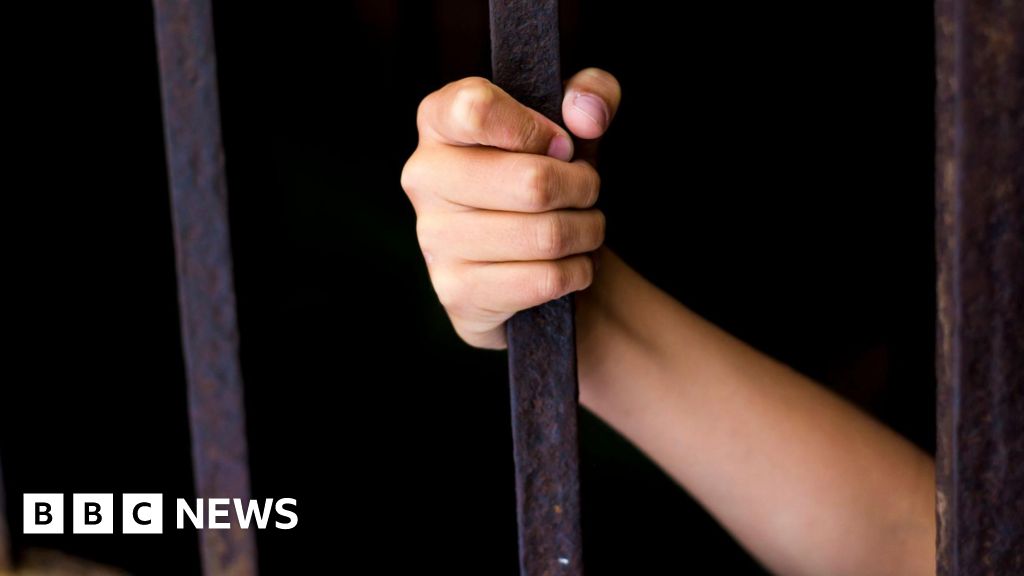
Children as young as 10 can once again be jailed in Australia’s Northern Territory (NT), after the government there lowered the age of criminal responsibility.
Australian states and territories have been under pressure to raise it, from 10 to 14, in line with other developed countries and UN advice.
Last year the NT became the first jurisdiction to lift the threshold to 12 years old, but the new Country Liberal Party (CLP) government elected in August has said a reversal is necessary to reduce youth crime rates.
It has argued that returning the age to 10 will ultimately protect children – despite doctors, human rights organisations and Indigenous groups disputing that logic.
They cite evidence that the laws will not reduce crime and will disproportionately affect Aboriginal and Torres Strait Islander children.
The NT already jails children at a rate 11 times higher than any other jurisdiction in the country, and almost all of them are Aboriginal.
Many places across Australia have declared they are in the grips of a youth crime crisis, and a string of violent incidents this year have prompted a series of youth curfews in the NT city of Alice Springs.
Chief Minister Lia Finocchiaro said her government had been given a mandate by voters after their landslide election victory, and that the change would allow courts to “intervene” in the lives of young offenders and put them through programmes designed to address the root causes of their crimes.
“We have this obligation to the child who has been let down in a number of ways, over a long period of time,” she told the parliament on Thursday.
“And we have [an obligation to] the people who just want to be safe, people who don’t want to live in fear anymore.”
The NT government has also tightened bail rules, and introduced penalties for “posting and boasting” about crime on social media.
“We make no apologies for delivering on our commitments to reduce crime for all Territorians,” Finocchiaro added.
However, research both globally and in Australia has shown that incarcerating children makes them more likely to reoffend and often has dire impacts on their health, education, and employment.
Earlier this year a report by the Australian Human Rights Commission – an independent federal agency – found policy across the nation was being driven “by populist ‘tough on crime’ rhetoric” and that governments should instead reinvest the money spent on jailing children into support services.
As the NT parliament debated the bill this week, around 100 people gathered outside to protest, some carrying placards. One read, “10-year-olds still have baby teeth”. Another said, “What if it was your child?”.
Independent MP Yingiya Guyula, a Yolŋu man from northeastern Arnhem Land, told the BBC it was a “racist” bill.
“It’s [targeted] at Indigenous people.”
“It is just colonisation – somebody else is making decisions for us in the community when they should be listening to our people.”
But former youth worker turned CLP politician Clinton Howe told the parliament the government had to intervene in the absence of “responsible adults”.
“I believe government is a blunt instrument, and I don’t like it as a tool for social intervention, but for some of these children, it is the only thing left.
“We must intervene early for the sake of the child… in the environment they live in, no-one else cares.”
The NT’s children’s commissioner Shahleena Musk, a Larrakia woman from Darwin, told the BBC that there was “structural racism at force in the Northern Territory youth justice system”.
She said Aboriginal children were less likely to be cautioned, more likely to be charged and pursued through the courts, and more likely to be remanded in custody than non-Aboriginal offenders.
“I accept that people are fearful in our communities, and crime has been quite prominent in the media and social media,” she said.
“[But] we shouldn’t be seeing these kids going into a youth justice system which is harmful, ineffective, and only compounds the very issues we’re trying to change.”
Advocates also fear the laws could arrest momentum for raising the minimum age of criminal responsibility in other states and territories.
Only the Australian Capital Territory has raised the age of criminal responsibility above 10, but Victoria has passed legislation to do so, which will come into effect next year. The Tasmanian government has said it will raise the age to 14 by 2029.


